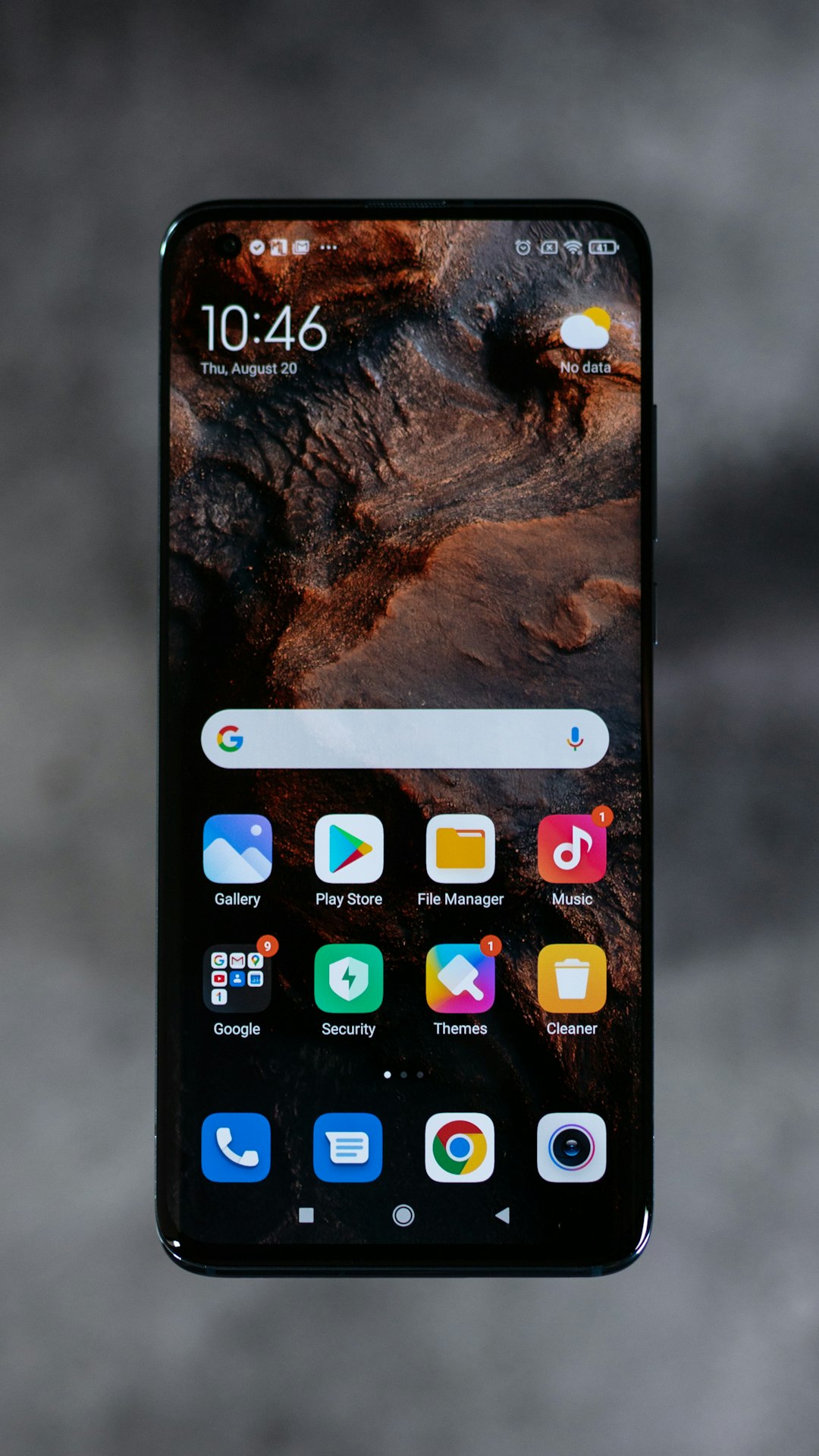Rhode Island's Do Not Call List, enforced by the Division of Business Regulation and facilitated by the Attorney General's Office, shields Tiverton residents from unwanted telemarketing calls. 'Do Not Call Attorneys Rhode Island' specialize in consumer protection, resolving disputes, and guiding businesses on compliance with privacy laws. Violations incur fines and restrictions. Consumers can file complaints and seek legal aid from these attorneys to safeguard their rights and privacy.
In Tiverton, Rhode Island, understanding the impact of Do Not Call Lists is crucial for both consumers and businesses. This article explores the legal framework governing these lists within the state, highlighting how they protect residents from unwanted telemarketing calls. We delve into the benefits and challenges for businesses while providing insights on enforcement mechanisms and penalties for violations. Additionally, we offer valuable resources for Tiverton consumers to enforce their rights with the help of a Do Not Call Attorney in Rhode Island.
The Legal Framework of Do Not Call Lists in Rhode Island

In Rhode Island, the enforcement and regulations surrounding Do Not Call Lists are primarily overseen by the Rhode Island Division of Business Regulation. Consumers who wish to register their numbers on the state’s Do Not Call List can do so through this division. This list prohibits telemarketers from making unsolicited calls to registered numbers, offering a crucial safeguard for Tiverton residents seeking peace from intrusive marketing calls.
A ‘Do Not Call Attorney Rhode Island’ is not a specific legal requirement but rather a term used to describe lawyers specializing in consumer protection and privacy laws related to telemarketing practices. Their role becomes significant when disputes arise or consumers need guidance on their rights regarding the Do Not Call List. These attorneys ensure that businesses adhere to state regulations, providing an additional layer of protection for Tiverton consumers.
How Do Not Call Lists Protect Tiverton Consumers

In today’s digital era, consumers in Tiverton, Rhode Island, face an ever-growing number of marketing calls and messages. To protect their privacy and reduce unwanted intrusions, many residents opt into Do Not Call lists. These lists, facilitated by organizations like the Rhode Island Attorney General’s Office, serve as a powerful tool for safeguarding individuals’ rights. By registering, Tiverton consumers can stop receiving telemarketing calls, ensuring they only engage with calls they have initiated.
This simple yet effective measure offers several benefits. It prevents consumers from being harassed by persistent sales calls, saves them time and reduces stress. Moreover, it empowers residents to maintain control over their personal information, as registered numbers are strictly restricted for marketing purposes. A Do Not Call list is a testament to the power of consumer choice and privacy in the digital landscape.
Benefits and Challenges for Businesses and Residents

For businesses operating in Tiverton, Rhode Island, navigating the intricacies of consumer privacy and protection laws, such as the Do Not Call List (DNCL), can be both a challenge and an opportunity. On one hand, compliance with DNCL regulations is mandatory, ensuring residents’ right to opt-out from unwanted telemarketing calls. This provides consumers with peace of mind, knowing their personal information is respected and they have control over their communication preferences. For businesses, this means adopting stricter data handling practices and obtaining explicit consent before making marketing calls. While initial setup may require additional effort and resources, it fosters a more trustworthy relationship between companies and their potential customers.
On the other hand, businesses might face challenges in reaching their target audience effectively. The DNCL can limit traditional telemarketing strategies, prompting companies to explore alternative marketing channels. This shift often encourages innovation, as firms develop creative approaches to engage consumers, such as personalized online advertising, email campaigns, or loyalty programs. Residents, too, benefit from this evolution as they are presented with more tailored and relevant offers, enhancing their overall experience. Moreover, a Do Not Call Attorney Rhode Island can offer guidance on navigating these complex regulations, ensuring businesses stay compliant while residents enjoy the protections afforded to them by the DNCL.
Enforcement Mechanisms and Penalties for Violations

In Rhode Island, the enforcement of Do Not Call lists is facilitated by strict regulations and penalties for those who violate them. Consumers who register their numbers on the state’s official Do Not Call list are protected from unsolicited phone calls. If a business or individual ignores these restrictions and makes unwanted calls, they can face legal repercussions. A Do Not Call Attorney in Rhode Island plays a crucial role in navigating these complexities, ensuring that both consumers’ rights are respected and businesses operate within the law.
Penalties for violations typically include substantial fines, which can be levied against companies or individuals found guilty of making telemarketing calls to registered numbers. In some cases, repeated infractions may result in additional legal actions, including permanent restrictions on calling activities. These measures are designed to uphold the integrity of Do Not Call lists and provide consumers with a peaceful and undisturbed experience.
Resources for Tiverton Consumers to Enforce Their Rights

Tiverton consumers have several resources at their disposal to enforce their rights against unwanted phone calls, especially if they’ve been added to the National Do Not Call Registry or wish to take legal action against persistent telemarketers. The first step is to familiarize themselves with local and state regulations regarding do-not-call lists in Rhode Island. A Do Not Call Attorney in Rhode Island can be an invaluable asset; these legal professionals specialize in helping consumers navigate their rights and take appropriate measures if their privacy has been violated.
They can provide guidance on how to file a complaint, whether through the Federal Trade Commission (FTC) or local regulatory bodies, and assist in legal proceedings if necessary. Additionally, there are numerous non-profit organizations and government agencies that offer support and resources for consumers dealing with telemarketing issues, further empowering them to protect their rights and enjoy peace of mind from unwanted calls.






